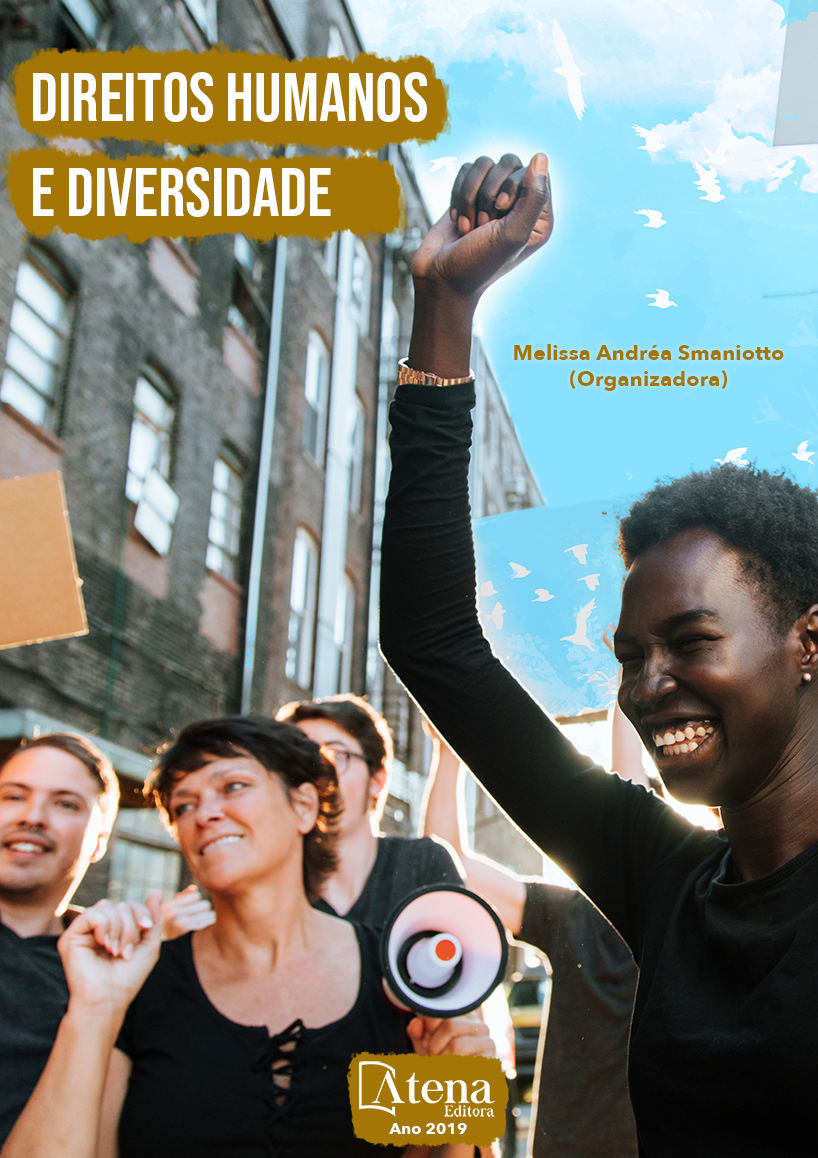
A Educação em Direitos Humanos no Ensino Superior
Este ensaio consiste em refletir
sobre a Educação em Direitos Humanos no
ensino superior, por meio de estudo teórico
fundamentado na Teoria Sócio-Histórica.
Nessa perspectiva, considera-se que a origem
da educação relaciona-se à própria existência
humana, possibilitando aos seres humanos
a apropriação da produção cultural de modo
a garantir a sobrevivência em sociedade.
No Brasil, é na Constituição Federal de 1988
que a educação começou a ser um direito
constitucionalmente defendido, constituindose precursora de Direitos Humanos, com o
objetivo de garantir às pessoas consciência de
seus direitos e que esses sejam respeitados.
Os direitos humanos se referem aos princípios
e valores que permitem ao indivíduo afirmar
sua condição humana (biológica, psicológica,
econômica, social, cultural e política) e participar
da vida, protegendo-se dos diversos tipos de
violência. Os estudos demonstraram avanços
no que se refere à efetivação e aplicação dos
direitos mínimos possíveis a uma existência
com dignidade. De acordo com o Plano Nacional
de Educação em Direitos Humanos (2006),
no ensino superior, a Educação em Direitos
Humanos pode ser implementada por meio do
ensino, da pesquisa e da extensão, no entanto,
para sua efetiva implementação, existem
entraves relacionados à falta de incentivo,
à fragmentação do currículo nas diferentes
disciplinas, à falta de articulação entre teoria
e prática, entre outros. Dessa forma, buscouse problematizar como se podem superar tais
impedimentos, tendo em vista o contexto de
uma sociedade neoliberal, com significativas
desigualdades, o que torna necessário à
universidade cumprir sua função na difusão
de valores e concepções de mundo. Articular o
currículo às pesquisas, promover experiências
entre diferentes realidades sociais com ações
e projetos baseados na solidariedade e na
participação cidadã, ética comprometida
com o fortalecimento dos direitos humanos
fundamentais.
A Educação em Direitos Humanos no Ensino Superior
-
DOI: 10.22533/at.ed.82419130324
-
Palavras-chave: Educação; Direitos Humanos; Ensino superior.
-
Keywords: Education; Human rights; Higher education.
-
Abstract:
This essay consists on reflecting
Human Rights Education in higher education
through a theoretical study based on SocioHistorical Theory. From this perspective, the
origin of education is considered to be related
to human existence itself, making it possible for
human beings to appropriate cultural production
in order to guarantee survival in society. In Brazil,
education started to be a constitutionally defended right from the Federal Constitution
of 1988, constituting a forerunner of Human Rights, with the aim of ensuring that
people are aware of their rights and that they are respected. Human rights refer to the
principles and values that allow individuals to affirm their human condition (biological,
psychological, economic, social, cultural and political) and participate in life, protecting
themselves from various types of violence. The studies have shown progress in the
realization and application of the minimum possible rights to an existence with dignity.
According to the National Plan for Human Rights Education (2006), in higher education,
Human Rights Education can be implemented through teaching, research and extension,
however, for its effective implementation, there are barries related to lack of incentive,
the fragmentation of the curriculum in the different disciplines, the lack of articulation
between theory and practice, among others. In this way, we tried to problematize how
to overcome such impediments, considering the context of a neoliberal society, with
significant inequalities, which makes it necessary for the university to fulfill its function
in the diffusion of values and world conceptions.
-
Número de páginas: 15
- Sandra Maria Rebello de Lima Francellino
- Luciane Pinho de Almeida


